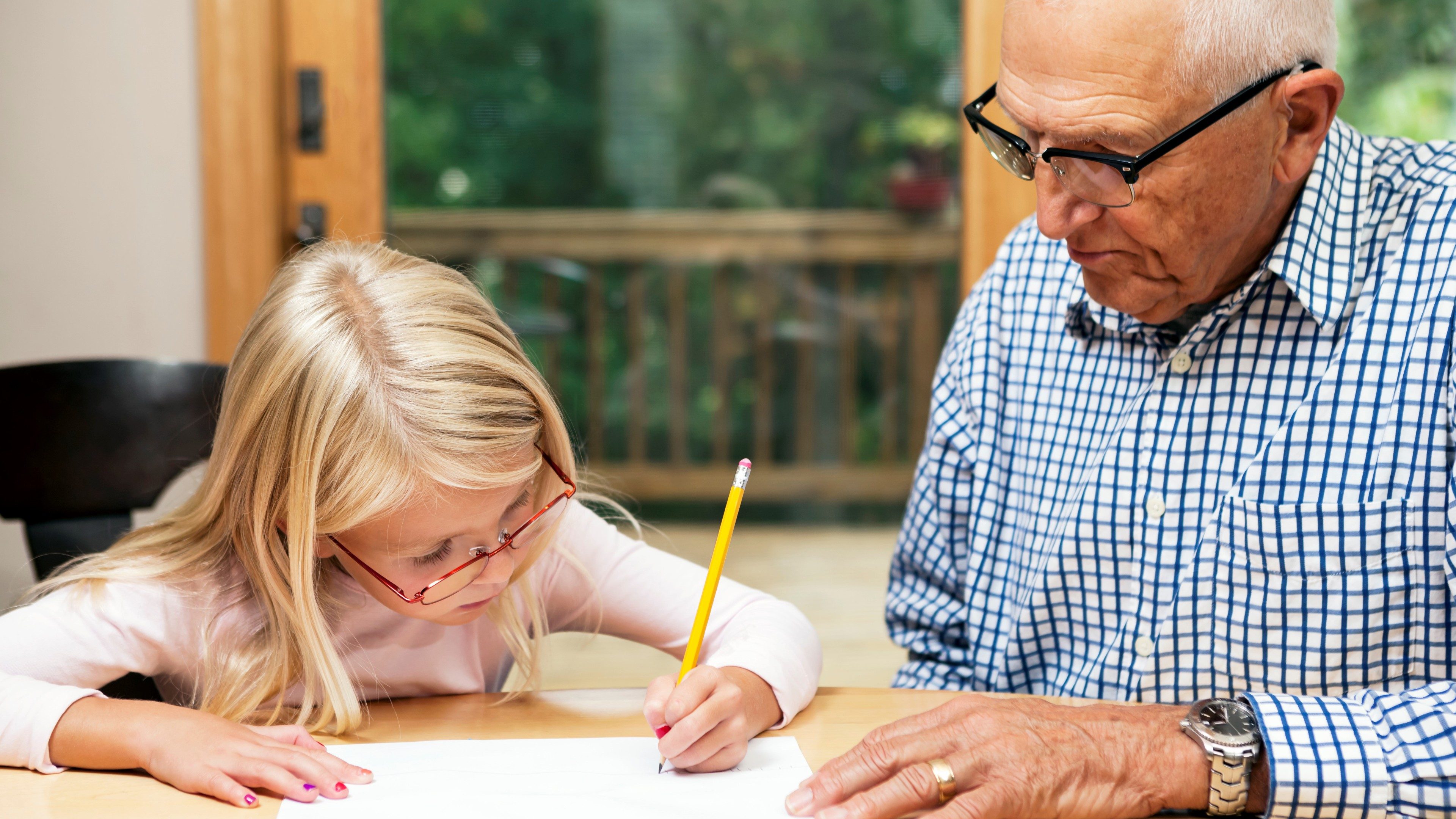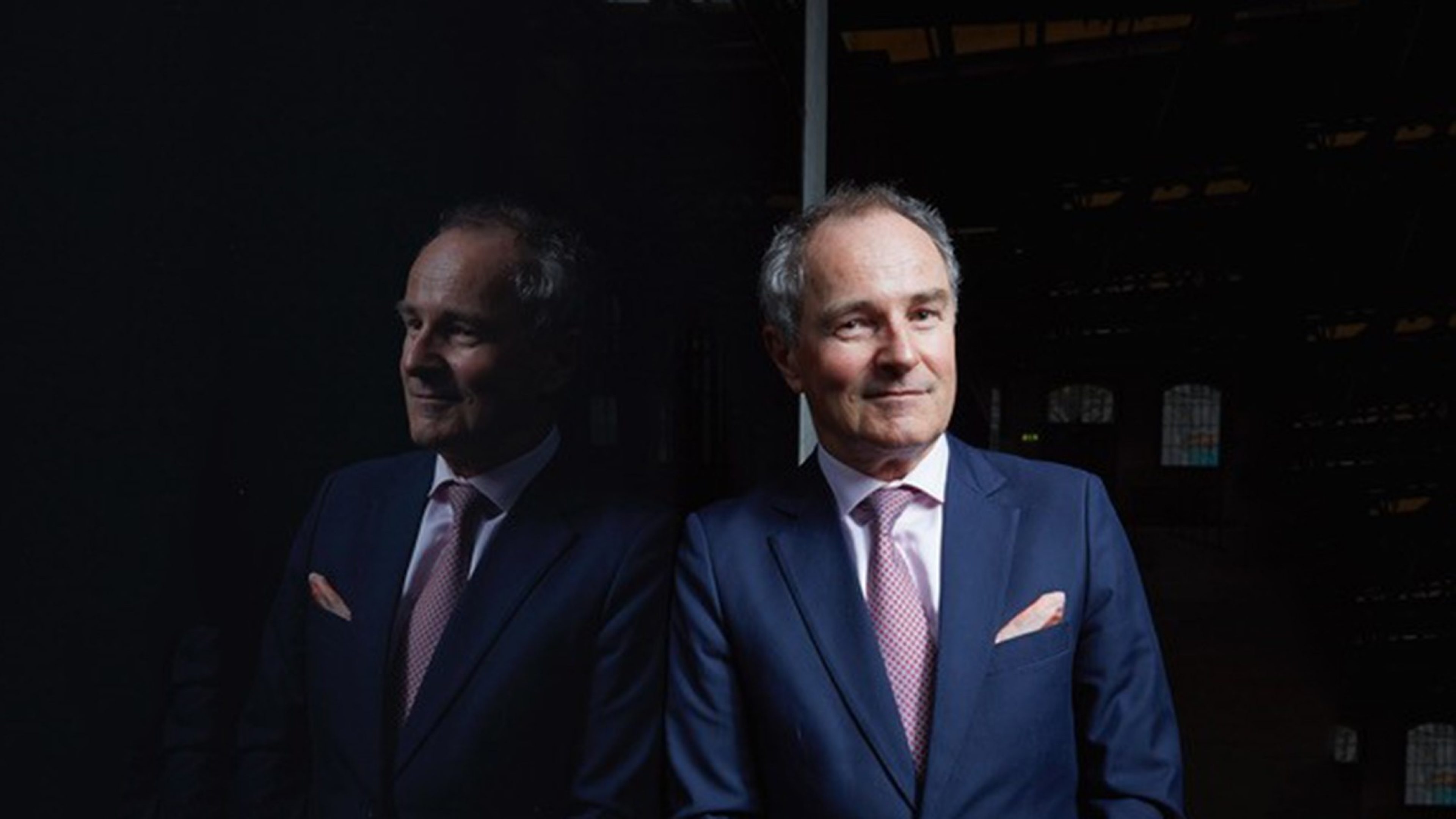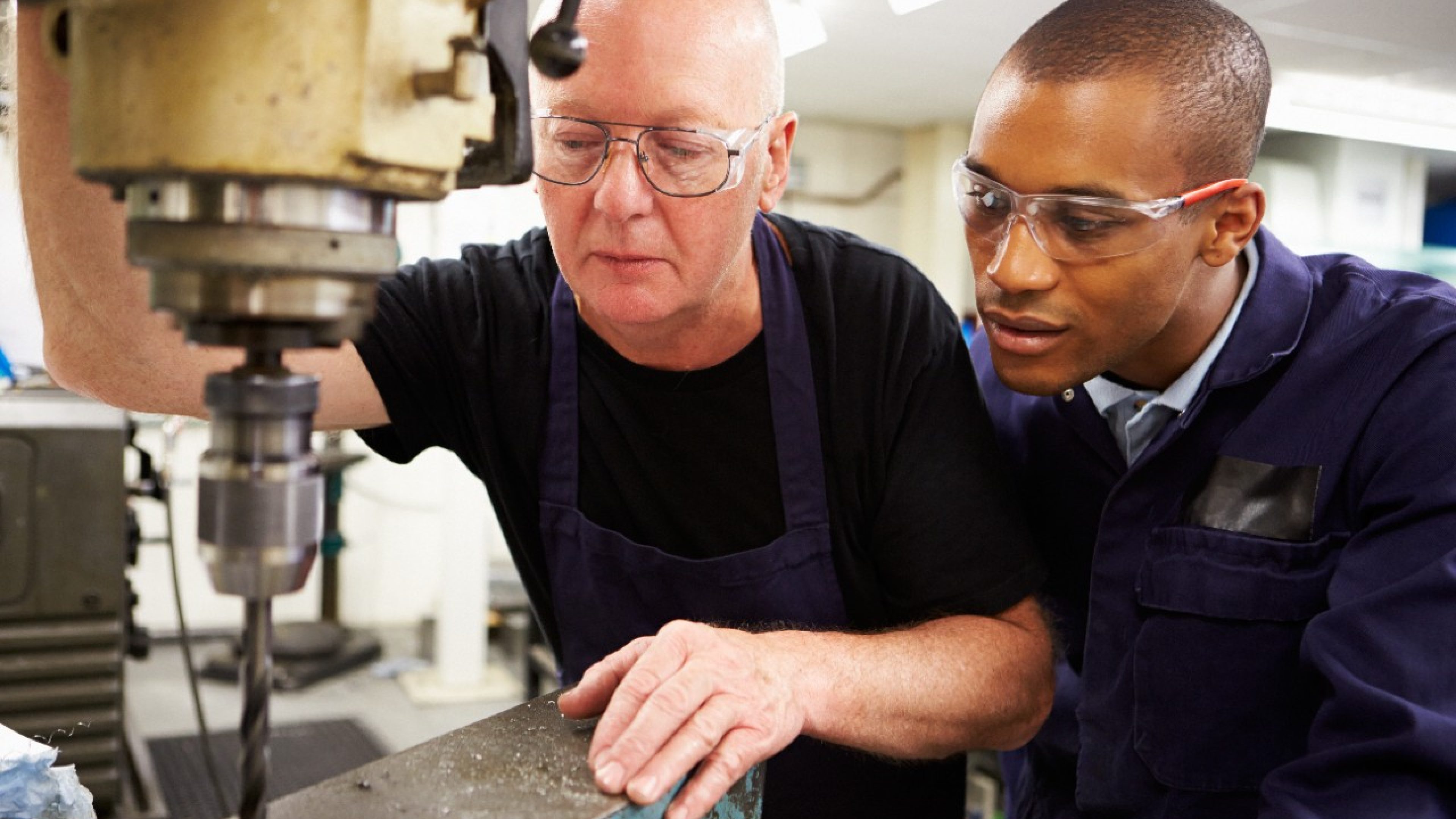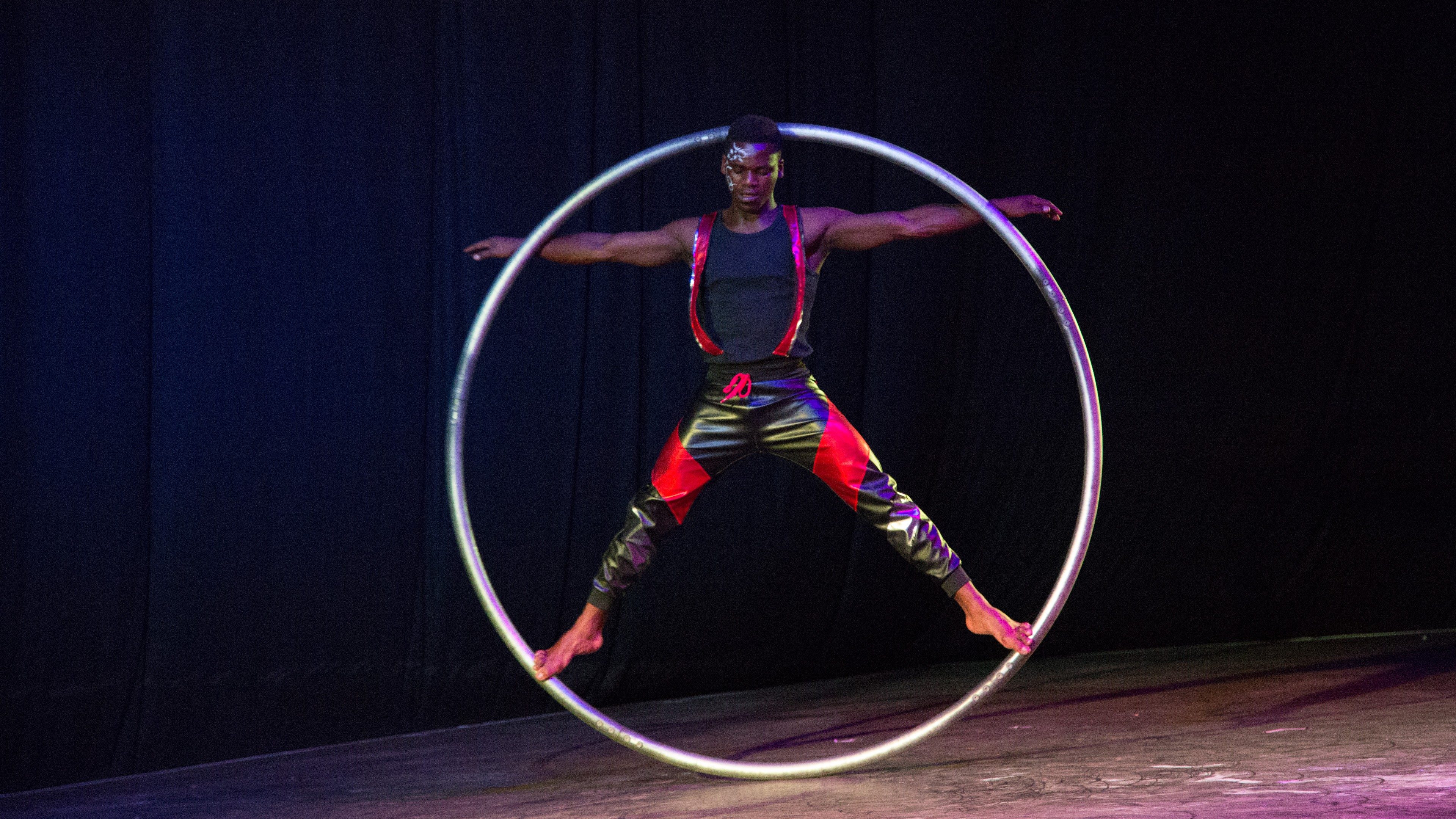Grandparents are more important than ever. They help with childcare and often contribute financially to their grandchildren. They even influence the grandchildren's level of educational attainment, as a new study shows.
As grandparents live longer, they are spending more time with their grandchildren and that is one of the most emotional effects of longevity. 96% of teenagers in Switzerland now have at least one grandparent and 39% still have a grandparent when they turn 30. It's the same in Germany, where seven out of ten grandparents live to see their grandchild's 25th birthday.
Intimacy over distance
The effects of the new multi-generational society are legion, as shown by the vast amount of research on the subject. Active grandparenting can be a veritable social fountain of youth for grandfathers and grandmothers and have a positive effect on wellbeing and mental health.
Grandparents are also a boon for the entire family and society. The generations don't live under the same roof as they once did, but they are still close - "intimacy over distance", as the Swiss generational researcher François Höpflinger called it.
Financial and time commitment
One thing is certain: grandparents are more valuable to their grandchildren than ever. As more mothers are now working and childcare is patchy and expensive in many countries, grandparents often prove indispensable to the babyboomer generation.
They also make a material contribution. Studies show that 20%-30% of grandparents make a financial contribution to their children's families in most European countries. How much of that support is used for the grandchildren, for a stay abroad, to help with the rent or towards their studies is not documented. However, a current study does indicate that this type of financial transfer is becoming more common. In Germany, for example, over 28% of grandparents supported their grandchildren financially in 2014 – almost twice as many as in 1996.1
Caring for the grandchildren: a booming business
Grandparents’ indirect financial contribution is greater still, as more than half of grandparents in Europe regularly look after the grandchildren while their parents are at work, as shown by a recent survey2. This is particularly the case in northern Europe and France (see graph). On the other hand, the volume of care in southern Europe is much higher. Grandparents spend between 240 and 360 hours a year looking after their grandchildren in central and northern Europe, compared to 730 hours in Italy and 960 hours in Greece.
The “Generationenbericht Schweiz” (Intergeneration report Switzerland)3 calculates the economic significance of all the hours worked looking after grandchildren. According to this report, grandparents contribute in the region of CHF 2 billion a year to the economy, 80% of which comes from grandmothers.
Undervalued role of grandparents
Besides this material contribution, social factors including the “immaterial” transfer of family traditions and values are becoming more important. The influence of grandparents on their grandchildren's education has recently come onto the intergenerational research radar.
The Munich Centre for the Economics of Ageing4 has used the data of the Survey of Health, Ageing and Retirement in Europe (SHARE) to research educational outcomes over three generations at an international level. The main findings are as follows:
- The role of grandparents has been undervalued. People knew that a child's educational attainment depended to a large extent on the parent’s material and cultural resources. This study shows that grandparents also have a significant influence all of their own.
- The grandparental influence on education applies all the more when the parents are of more limited means or not as well educated as their parents.
- There is considerable variation in Europe in the grandparental effect on a child’s education. The lower the state contribution to education, the greater the impact. In southern Europe for example, grandparents have a big influence, whereas in Scandinavia their influence is relatively small.

The researchers Nicole Tieben and Christian Deindl therefore draw the following conclusion: “The grandparents act as “family reinsurers” for a child’s education. Their material and cultural resources are particularly valuable when not forthcoming from the parents or state. They also help to maintain the educational attainment of a family over several generations.” On the other hand, sociologists contend this study also shows that state investment in education can benefit pupils who lack educational support: "They can compensate for the family’s lack of resources and increase equality of opportunity in education."
Grandparents are thus much more than providers of funds and child carers. They are a family’s memory. Their importance cannot be emphasised enough. Society would look old without old people.
1Zeit gegen Geld? Der Austausch von Unterstützung zwischen den Generationen". (Time versus money? The exchange of support between generations). Daniela Klaus, Katharina Mahne. (2017): www.ssoar.info/ssoar/handle/document/48894
2Ageing and Family Solidarity in Europe Patterns and Driving Factors of Intergenerational Support. Marco Albertini (2016) www.researchgate.net/publication/303389367_Ageing_and_Family_Solidarity_in_Europe_Patterns_and_Driving_Factors_of_Intergenerational_Support
3«Generationenbericht Schweiz» Perrig-Chiello/Höpflinger/Suter (Hrsg.), 2008: http://www.nfp52.ch/d_kommunikation_publikationen.cfm
4 «Resources of grandparents: educational outcomes across three generations in Europe and Israel». Christian Deindl und Nicole Tieben (2016): www.mea.mpisoc.mpg.de/uploads/user_mea_discussionpapers/1697_01-2016.pdf



